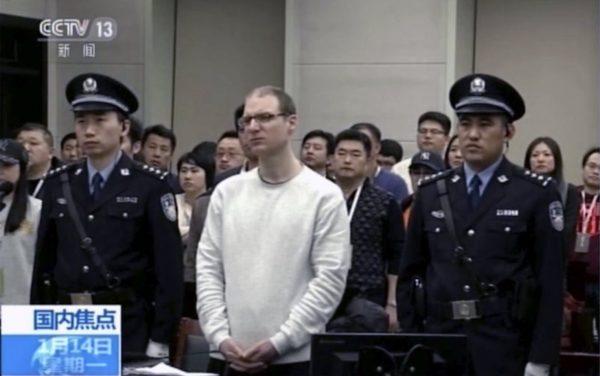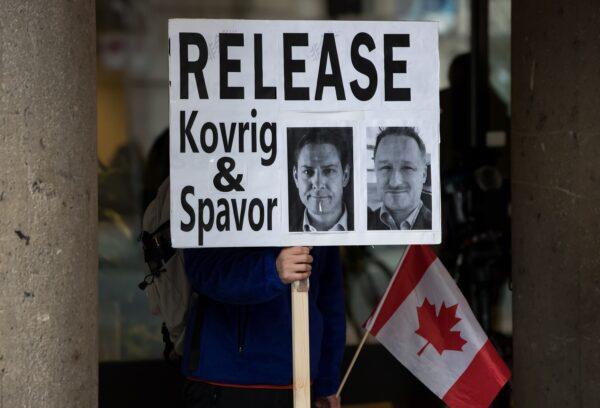No one had a “fairer hearing” than Meng Wanzhou, a lawyer for the Canadian attorney general told the court while arguing against a stay of proceedings, adding that no misconduct was involved in the Huawei executive’s extradition case.
Robert Frater told the British Columbia Supreme Court on Tuesday that no misconduct from either the United States or the Canadian border officials had occurred when they were handling the case.
Meng, the chief financial officer for China’s telecom giant Huawei Technologies, and daughter of the company’s founder, Ren Zhengfei, was arrested by the Canadian police on a U.S. warrant in December 2018, at the Vancouver airport while en route to Mexico.
Meng is wanted in the United States on charges of bank fraud, as she allegedly lied to multiple financial institutions about Huawei’s business dealings with Iran, leading them to violate U.S. sanctions against the Middle East country. Meng and Huawei have both denied these charges.
Defence lawyers have argued that Meng’s case should be tossed out as a remedy to the series of abuses she has suffered—which ranged from an alleged abuse of process by Canadian police and border officers, to the U.S. government’s alleged withholding of crucial details from Canada in an attempt to mislead the court.
China’s ‘Hostage-Diplomacy’
Meng’s arrest soured the bilateral relationship between Canada and China, and led to serious repercussions for several Canadian citizens in China in a series of retaliatory arrests and trials that are widely seen as Beijing’s “hostage-diplomacy.”In November 2018, Schellenberg was given a 15-year person term for drug smuggling, but his sentence was abruptly increased to a death sentence a month after Meng’s arrest.

The Chinese court rejected Schellenberg’s appeal and sent the case to the Chinese supreme court for review, as required by law before death sentences can be carried out.
Dominic Barton, the Canadian ambassador to Beijing, criticized China’s rejection of Schellenberg’s appeal as “cruel and inhumane.”

China also denied consular access to the hearing when the two Michaels were brought to trial in March. While no verdicts were given at the time, Barton said a ruling in Spavor’s case might come shortly.
“Our sense is, it’s tomorrow,” he told The Canadian Press.
The ambassador said the he has not received any indication of a resolution of Kovrig’s case.
When asked if the three cases were linked to Canada’s ruling on Meng’s extradition, Barton said that he doesn’t believe “it’s a coincidence these are happening right now while events are going on in Vancouver.” He added that the cases were “part of the geopolitical process of what is happening.”
Meng’s extradited hearing is set to conclude on Aug. 20, 2021.





